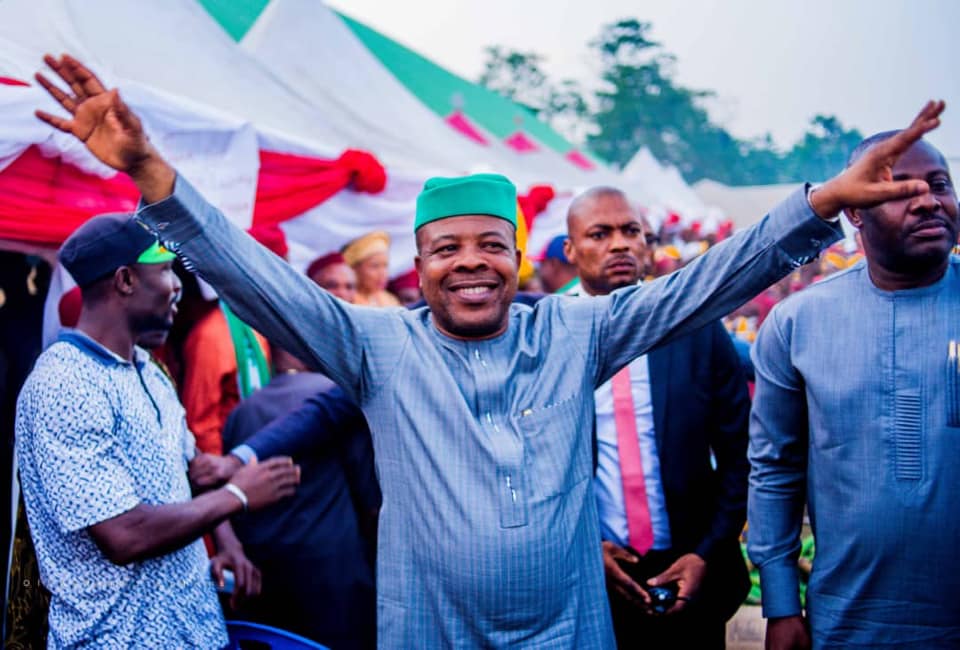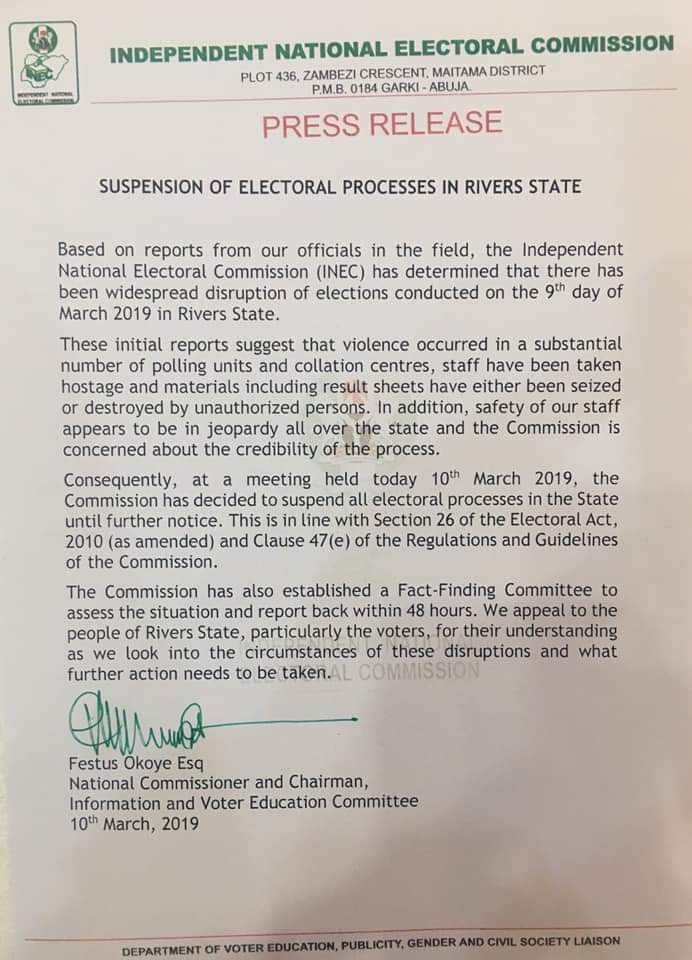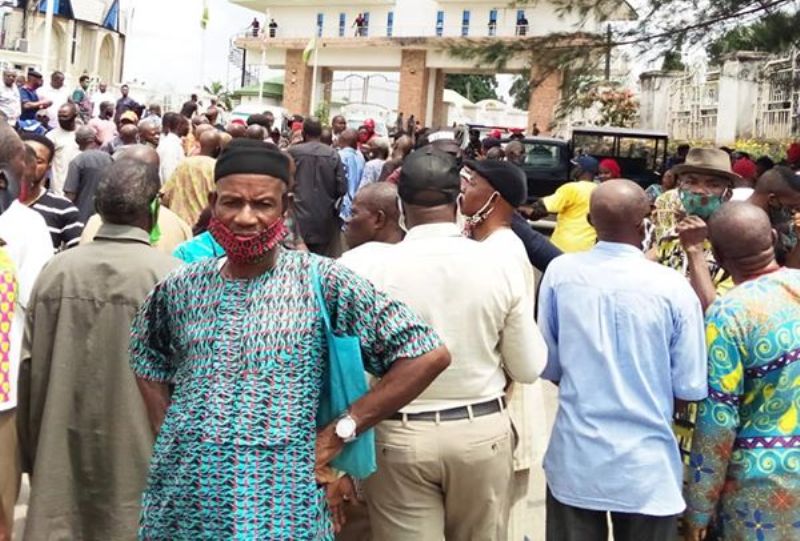Imo State Governor, Emeka Ihedioha, says he spends 73 percent of monthly federal allocations on payment of salaries and pensions, excluding N30, 000 minimum wage.
This was made known during a luncheon he hosted for stakeholders of the state, including the chairman of the group, Paschal Dozie; former governors and captains of industries who have businesses concerns within and outside the state.
According to the governor, the monthly IGR shored up from N250 million, when he took over reigns of power in May 29, to N1 billion in December. “Indeed, we spend 73 percent of our federally allocated revenue on staff salaries and pension. As your stewards, we consider it necessary to give you an update on the progress we have made towards the fulfillment of our promises and challenges of the State. We laid out a vision to become one of the top three most developed economies in Nigeria by 2025 and ranked within Africa’s top ten economies by 2030. We also set out to achieve this by leveraging our abundant human capital and natural resources to build an economy anchored on good governance, wealth creation, value for money and rule of law.”
He recalled how the state was recently rated the least corrupt state and was appraised the Best Overall Performing State in ICT Development by the National Council on Communication and Digital Economy. On the bills signed into laws, Ihedioha, expressed gladness to the state lawmakers and judiciary. “We have reduced the cost of governance by trimming down the number of ministries from 32 to 18 and introduced the Treasury Single Account (TSA) into our revenue collection and accounting system. As a result, we have stemmed revenue leakages and significantly increased our IGR. On the respect his administration has instilled on the retirees, paying them promptly, he said even pensioners are being paid and treated with respect.
On sports, he explained that new mini – stadia were under construction at various local councils. 30 critical roads, including federal roads, he said, were under extensive rehabilitation and appealed to Igbo industrialists and businessmen to embrace deliberate efforts to demonstrate significant business presence back home.







2 Comments